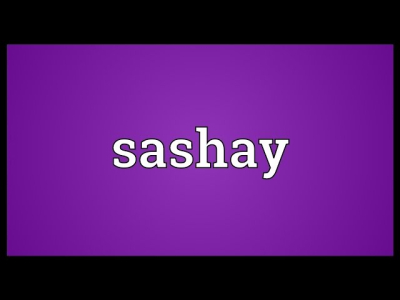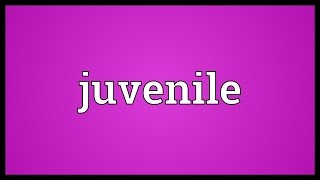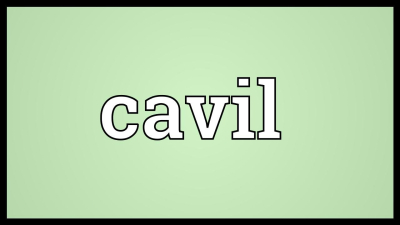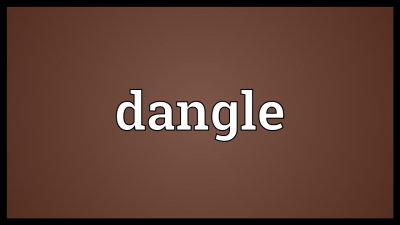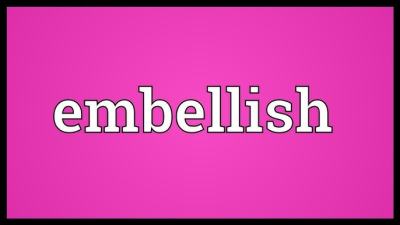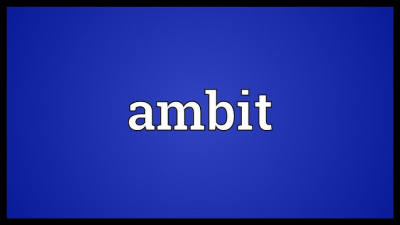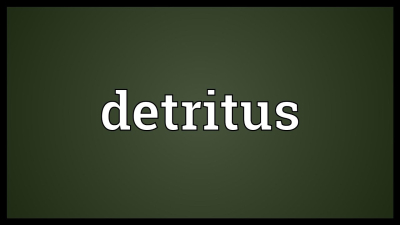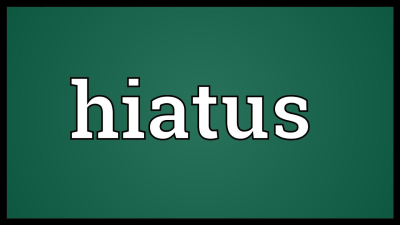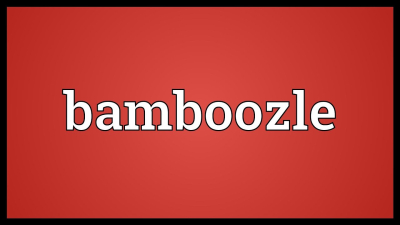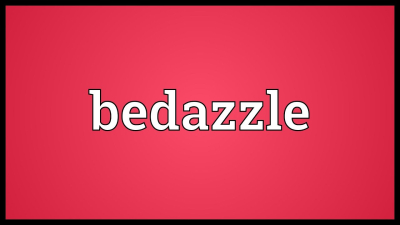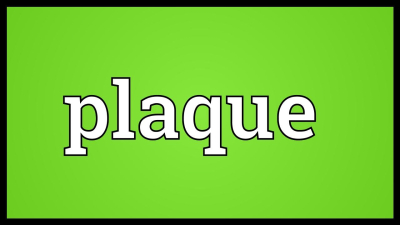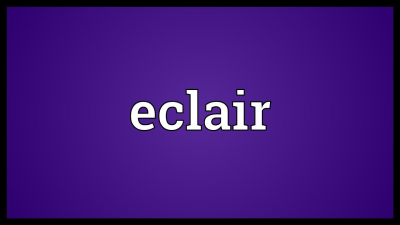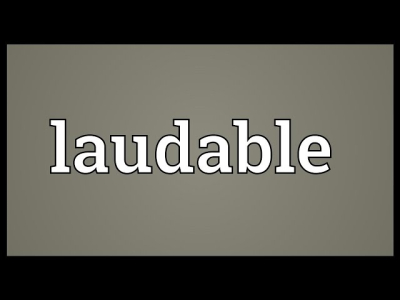What is the meaning, origin and usage of word ‘Brusque’?
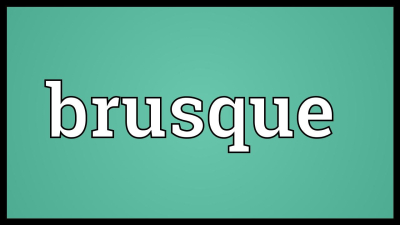
Meaning: An adjective, brusque refers to being curt, blunt or using very few words and sounding rude.
Origin: The term was borrowed from French brusque meaning "lively, fierce" which in turn came from Italian brusco meaning "sour, sharp or rough". The Italian word was derived from bruscus, the Latin name for a plant called butcher's broom, whose prickly twigs have long been used for making brooms. The term has been in use in English since the mid-17th Century.
Usage: He gave a brusque "No argument!" and walked off.
Picture Credit : Google
